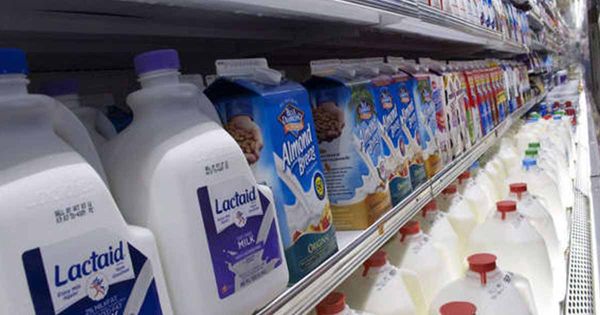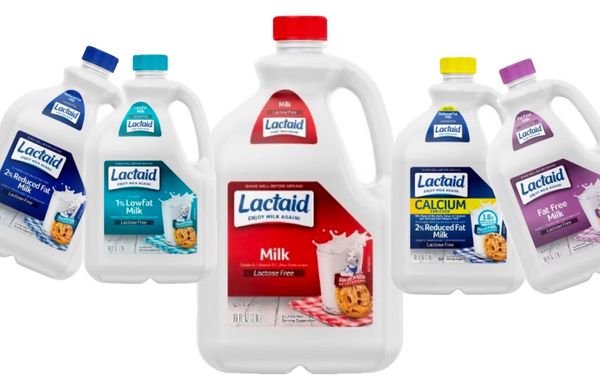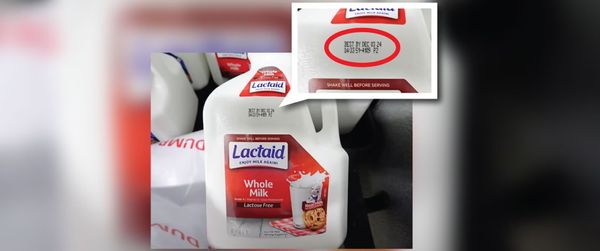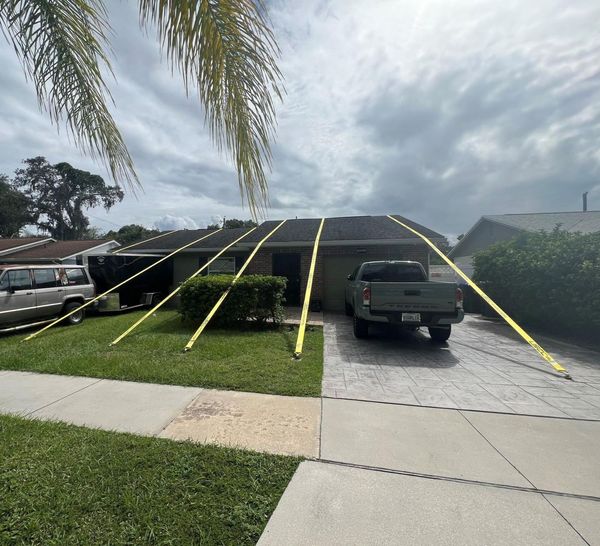
A voluntary recall has been issued for several varieties of Lactaid milk sold in 27 states across the U.S. If you are between 45 and 65 years old, it is essential to stay informed and take the necessary steps to protect yourself. This article will break down the important details of this recall and provide guidance on what you should do if you have purchased the affected products.
The Reason Behind the Recall

The recall was initiated by HP Hood LLC due to the potential presence of almonds in their Lactaid milk. Almonds are a common allergen, and their presence was not disclosed on the milk’s label, posing a serious concern for those with nut allergies. The company took immediate action out of caution to prevent potential allergic reactions.
Affected Products and States

The recall involves five specific types of Lactaid milk: Lactaid Whole Milk, Lactaid 2% Milk, Lactaid 1% Milk, Lactaid Fat-Free Milk, and Lactaid 2% Calcium Enriched Milk. These products were distributed to stores in 27 states, including Alabama, Colorado, Connecticut, Florida, Georgia, Iowa, Illinois, Kansas, Kentucky, Louisiana, Maryland, Michigan, Minnesota, Missouri, Mississippi, North Carolina, Nebraska, New Jersey, New York, Ohio, Oklahoma, Pennsylvania, Texas, Virginia, Wisconsin, and Wyoming. Look for the code “51-4109 P2” on the top-center area of the container to determine if your milk is affected.
What to Do If You Have the Recalled Milk

If you have purchased any of the recalled Lactaid milk products, it is crucial that you do not consume them. Instead, return the product to the place of purchase for a full refund or exchange. This step is especially important if you or anyone in your household has a known allergy to almonds. Ensuring your safety is a top priority.
The Significance of This Recall

This recall is not merely a labeling issue. It is a matter of significant concern for individuals with nut allergies. Almonds can induce severe allergic reactions, including anaphylaxis, a life-threatening condition. The absence of almond disclosure on the packaging necessitates this recall. Although no illnesses have been reported thus far, the risk of a serious allergic reaction remains, underscoring the importance of heeding these warnings.
How the Issue Was Discovered

The contamination risk was detected during routine maintenance checks carried out by HP Hood LLC. Such checks are standard practice for food manufacturers to ensure the safety and quality of their products. The trace amounts of almonds were identified in the production process, leading to an immediate recall of the milk to prevent any potential harm to consumers. Routine checks like these play a critical role in identifying hidden contaminants in food products.
Stay Informed and Stay Safe

This recall serves as a reminder of the significance of being knowledgeable about the food products we consume, particularly those that may contain allergens. If you have Lactaid milk in your refrigerator, take a moment to inspect the label to determine if it belongs to the recalled batch. Return any affected products to the store. Staying proactive about food safety and taking precautions is always the best approach.
For more information about the recall, including a comprehensive list of affected products and states, please visit the official FDA website. Make sure to stay up-to-date on any further announcements or developments regarding this situation. You can also contact HP Hood Consumer Affairs at 800-242-2423, from Monday to Friday, 9 a.m. ET to 5 p.m. ET.
Read More: If You Have These 9 Things In Your Freezer – Toss Them Out
Sources:
- “Lactaid Milk Recall 2024: What to Know About the Milk Alternative Recalled in 27 States by FDA.” Prevention. Shannen Zitz. September 26, 2024.
- “Lactaid milk recalled in 27 states due to potential for undeclared almonds.” ABC News. Yi-Jin Yu. September 23, 2024.
- “This milk has been recalled in these 27 states: Here’s what you need to know.” Penn Live. September 24, 2024.




